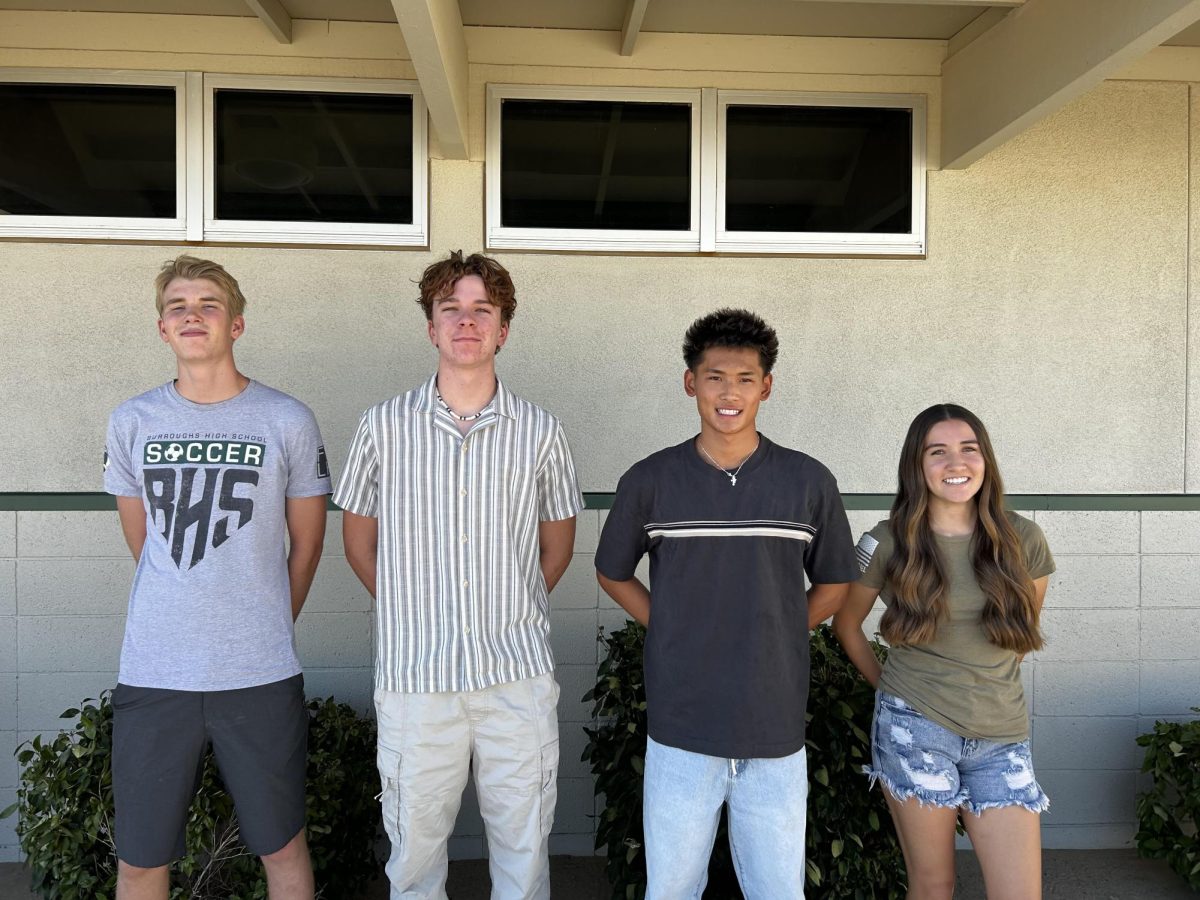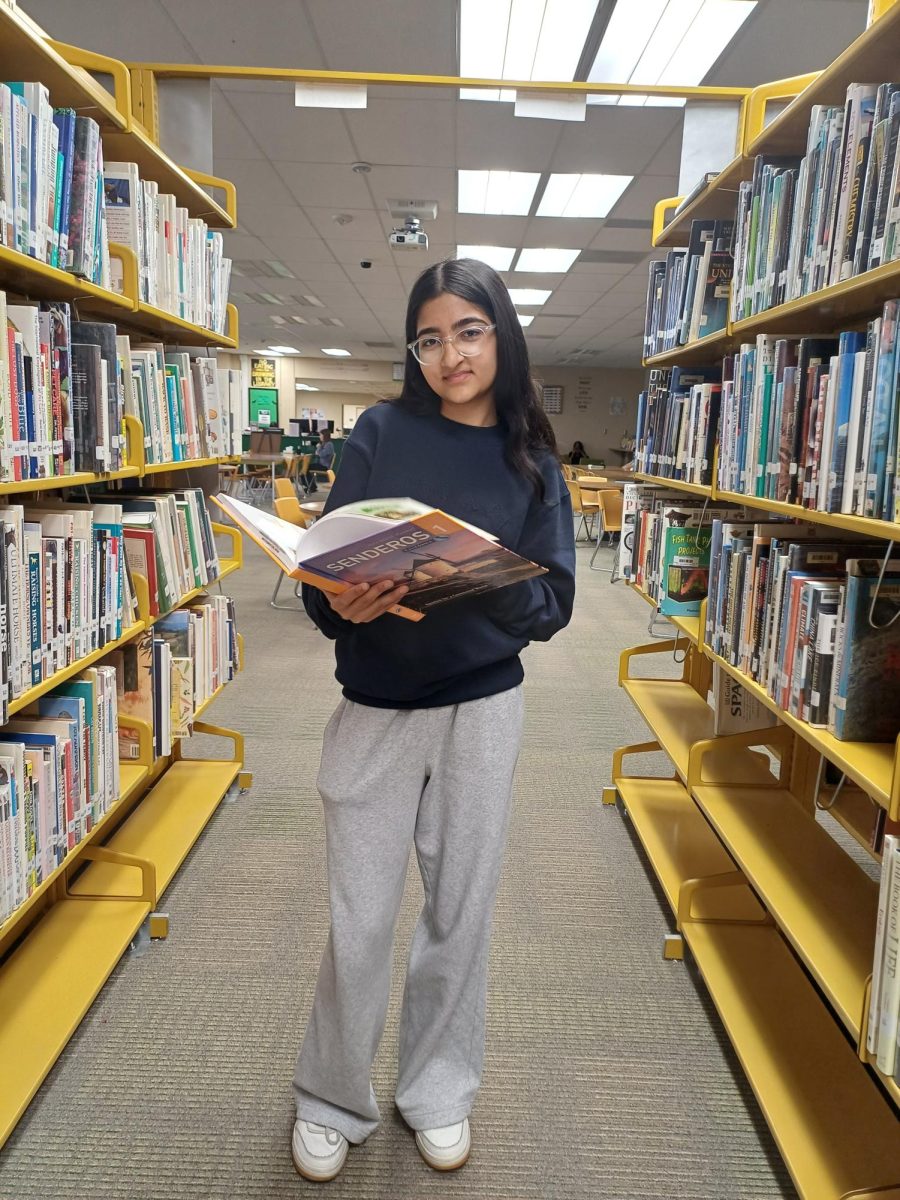Though the school year is winding down, students in Laura Larson’s AP Government class are just beginning their largest project of the semester.
Each year, AP Government students participate in the Legislation Project. The class decides to be either the House of Representatives or the Senate, and work in groups to create bills. The bills are then presented to the class, where students decide whether to pass the bill or not.
Students have enjoyed the project, which currently consists of preparing the final draft of the bill before presenting.
“It was a lot of fun figuring out what to do and how to do it, while also hearing everyone’s creative ideas and bills,” said senior Lidia Araujo. “I also thought it was funny to suggest solving all the problems with “impeaching and removing”!”
The groups are allowed to present a bill on any topic they want, as long as it does not overstep the powers of the Senate. This year, topics range from simpler laws, such as providing expectant parents with baby supplies, to more complex laws, such as re-structuring the foster care system.
“I like to see what the kids are interested in because it shows what they are passionate about and care about,” said Larson.
Along with presenting their bills, students also have the opportunity to run for leadership positions such as President Pro Tempore, Chaplain, and Photographer/Videographer.
Senior Jacob Fernandez was voted to be President Pro Tempore for this year’s Senate.
“As President Pro Tempore, I get to decide which bill can go first and the order in which people will speak in the Senate,” said Fernandez. “I really like power and order, so running for the head position was a decision I’ve always wanted since I learned about it.”
The Legislation Project serves as a fun way to learn more about the U.S. Government without adding too much stress. Students are able to showcase their creativity, especially when developing ways to persuade their fellow senators to vote in favor of their bill.
“It brings some fun and laughter to the end of senior year, especially after the AP test,” said Larson. “It also brings a lot of creativity. For example, [a student once brought] microwave bacon to school to get people to vote for his bill.”
Though the students enjoy the project, there are some challenges involved. One of the main difficulties that students face is writing the bill in legal language and formatting it to fit the standard presentation of an actual bill being presented. Nevertheless, the project provides participants with the opportunity to gain a deeper understanding of the complexities surrounding the passing of a bill into a law.
“Political language is a bit tricky and complex, but it’s done this way to minimize loopholes and misunderstandings that could lead to problems,” said Araujo. “This [project] has really helped me to understand how complicated it is to create and pass bills!” We usually assume that it’s not that hard or that they aren’t trying hard enough, but in reality it’s a massive effort.”




